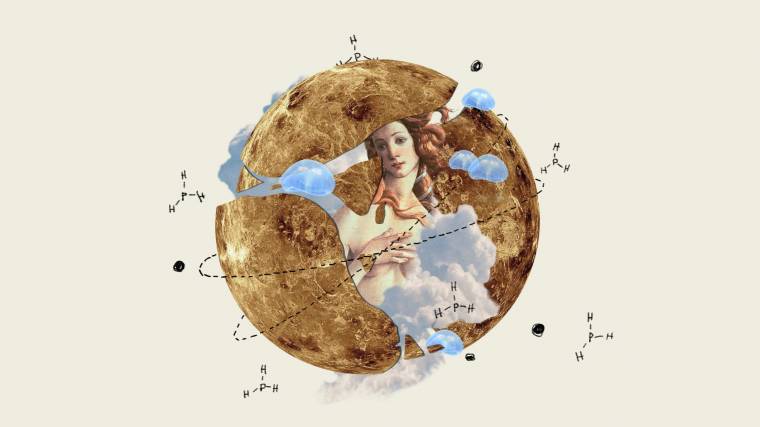No one understands why the new Russian space mission is going there
The Russian Venus-D project has been launched, with Moscow being the first to fire a spacecraft to Venus since Soviet times. It was originally a joint operation with NASA, but since then it has become clear that the mission will be lonely.
Lev Zeleny, head of the Russian Space Institute, explained that if everything goes according to plan, then 2029
“Technical planning has begun,” he told TASS news agency after consultations between the Russian Academy of Sciences and Roscosmos.
Russia’s Venus project is planned to cover 3 separate missions, the first element of which is the Venera-D. The orbital station will study the surface, atmosphere, internal structure and material of the second planet after the Sun.
This will be followed by a mission in 2031 and a mission in 2034, the latter of which will already provide a sample. home from both soil and atmosphere.
Last September, Roscosmos announced that his Venus projects would not be in cooperation, nor would they be international, but would take place as an independent national program. The last time Moscow carried out space exploration of Venus under the flag of the Soviet Union was when the unmanned Venus-7 landed on the planet and sent data to Earth.
No wonder, then, that in 2020 Dmitry Rogozin , the head of the Russian Federal Space Agency simply blamed our neighbor. It did so because they strongly believe that only the USSR alone has done significant research on the “Russian planet.”

“Our country was the first at Venus. Our tool is there now, and we we did research in virtually a living hell, ”he said. “The Venus Missions are part of the Russian government’s space exploration program for 2021-2030.”
Well, this is mainly due to the fact that no one cares about the planet, which is about the size of Earth, because of its atmosphere. 97% of it is carbon dioxide, and the average temperature is 464 degrees, which is not livable.
Although, last summer, researchers at the University of Cardiff in the UK pulsated a study that found phosphine in the atmosphere, which is on Earth it means life. But since then, it has not been clear how this is possible.
Hardware, software, tests, curiosities and colorful news from the IT world by clicking here!
The post No one understands why the new Russian space mission is going there appeared first on World Weekly News.
